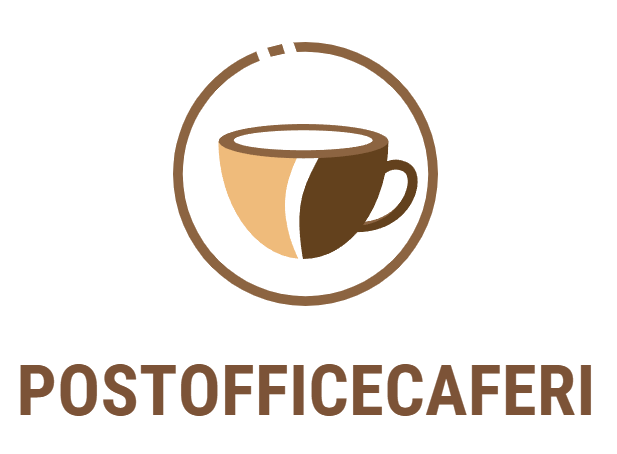The baby care market is worth 67 billion US dollars per annum, of which Mini Building Blocks or baby blocks are an important part. These are perhaps the first set of toys that any parent would purchase for their toddlers aged between 1-5.
The best part about baby blocks isn’t only the recreation that a child enjoys, but more than that. These meticulously designed resources play an integral part in a child’s overall holistic development. Fostering various positive traits in the children, these blocks are indeed a wise investment.
This article is entirely about the developmental benefits of baby blocks and incorporating them into your child’s play. So, with any ado, let’s unveil some exciting facts.
Top Developmental Benefits of Playing With Baby Blocks in Toddlers (1-6)
Here’s the list of the irresistible benefits blocks are laden with. Let’s explore!
1. Fine Motor Skill Development
The study published in the Journal of Applied Development Psychology declares that baby blocks are extremely beneficial in terms of the development of fine motor skills. As a known fact, the early years of children are extremely crucial from the fine motor skills development point of view.
These thoughtfully designed blocks help the children develop finger dexterity and strengthen their hand and finger muscles. Also, as they pick, stack, and pull apart the blocks, this practice enhances their hand-eye coordination and finger dexterity. and also hand-eye coordination.
2. Cognitive Development
Building blocks happen to be a great way of boosting a child's cognitive abilities. This has been proven by researchers from the University of Delaware. According to them, these blocks enhance a child’s critical thinking abilities, spatial reasoning, problem-solving capabilities, and mathematical thinking.
Besides, building blocks are a great way of stimulating a child’s creative side and imagination. Running from simple towers to various complex figures, children make the best use of their imagination to produce great masterpieces. In a broader context, this nurtured creativity plays a role in spatial awareness and overall cognitive development.
3. Emotional Development
Joy and a sense of accomplishment flood along baby blocks. Building or completing a structure makes them feel accomplished, boosting their self-esteem. The simplicity of the building process, with relatively loose-fitting blocks, ensures that children do not get frustrated.
However, sometimes complex structures may freak out a child, which in turn is a lifelong learning experience. As he tackles the situation, this leads to more positive outcomes fostering patience and perseverance as they learn to build more elaborate structures over time.
4. Social Development
Playing with blocks can be a social activity. Parents can join their children in the building, creating an opportunity for bonding and communication. This shared activity strengthens the parent-child relationship and creates happy memories.
Additionally, children learn to share, cooperate, integrate, and communicate effectively as they indulge in peer play. Children also learn to process feelings and the importance of personal space and compassion as they deal with different situations while playing with siblings or friends. These social interactions are crucial for their emotional development and help them build essential life skills.
5. Encouraging Exploration and Curiosity
Imagine a Sunday morning! Your child is surrounded by blocks. This might be a usual sight, but this in fact serves as an open ground for him, sparking his curiosity and intellect. Apparently simple, baby blocks happen to be one of the most influential resources.
These fosters traits like curiosity and the urge to explore in children. As they experiment with different ways to stack and arrange the blocks, they learn about shapes, sizes, and patterns. This exploration promotes a natural curiosity and a love for learning. Children begin to ask questions and seek answers, laying the foundation for future learning experiences and enhanced skills like reasoning and questioning.
6. Enhancing Language Skills
A study in the Journal of Early Childhood Education found baby blocks an excellent resource for developing language skills. This however bears fruitful results when conducted amongst peers.
Also, when parents or caregivers interact with children during block play, they naturally engage in conversations. Children trying to describe their build or parents encouraging them to construct a figure definitely leads to conversations, which serves as a basis for firm language skills. These interactions help expand the child's vocabulary and improve their communication skills.
Conclusion
Designed to be safe and productive, mini blocks or baby blocks are certainly from the best toy categories. With these blocks, your child will surely grow emotionally, physically, and cognitively.
Studies have found baby blocks as an excellent resource for developing your child in the best way. Not just children’s imagination and creative side, blocks help develop skills like problem-solving, spatial reasoning, and critical thinking.
So, without further ado, add yours to the cart to give your child the best gift.


